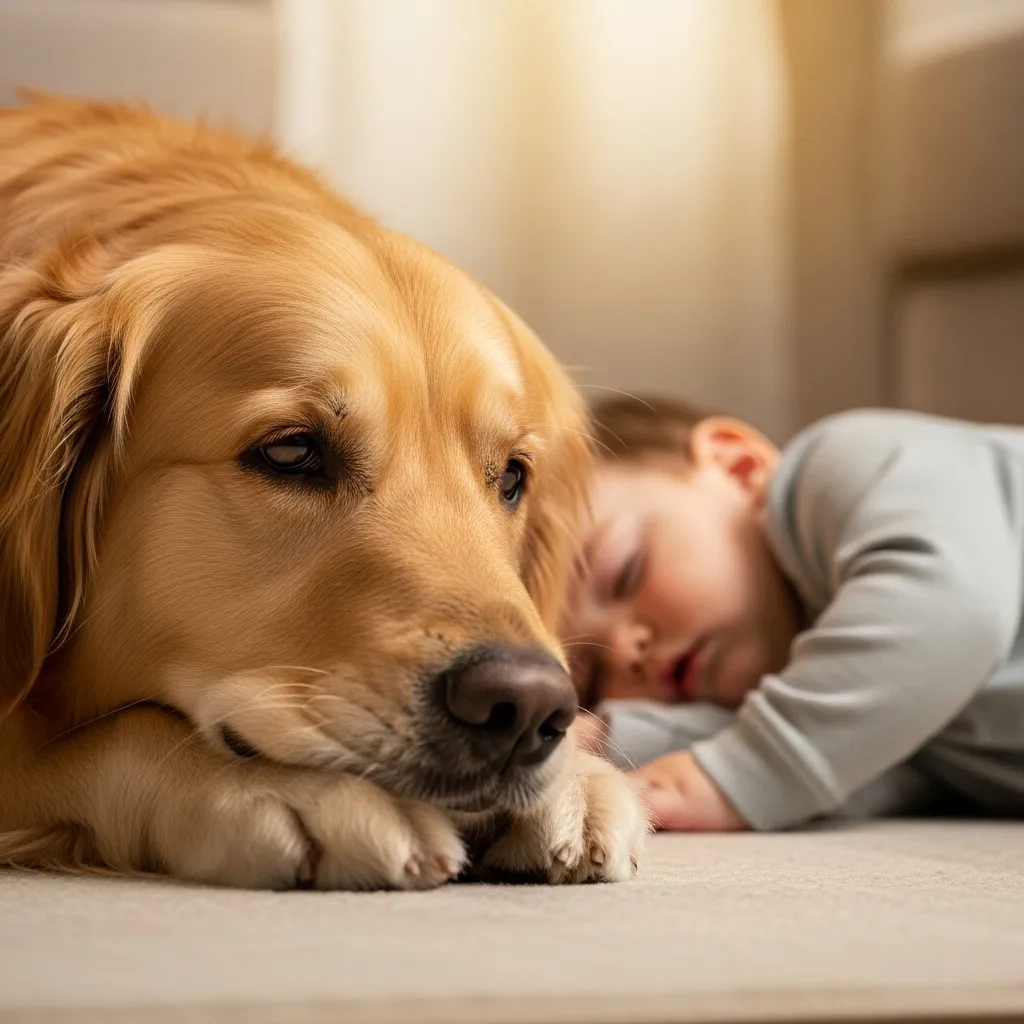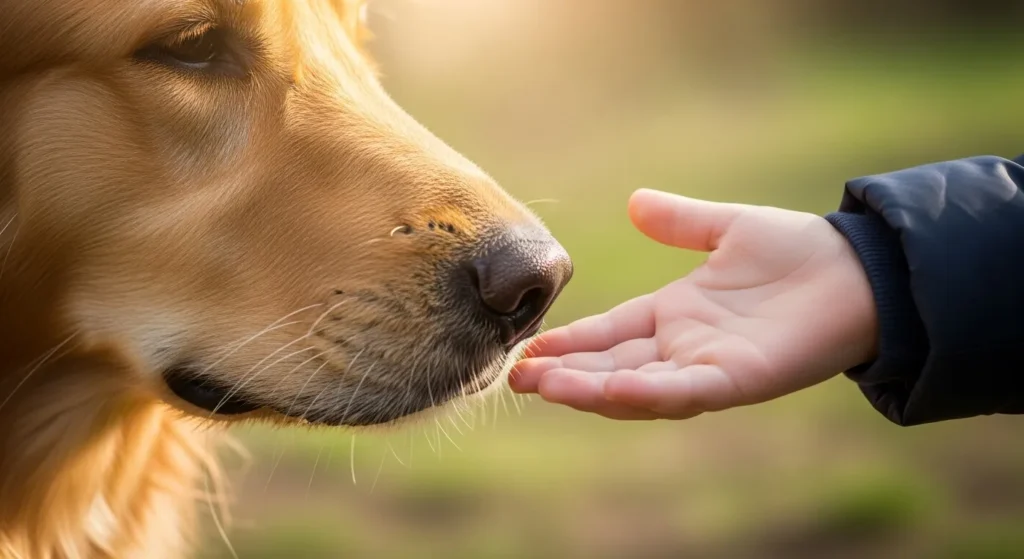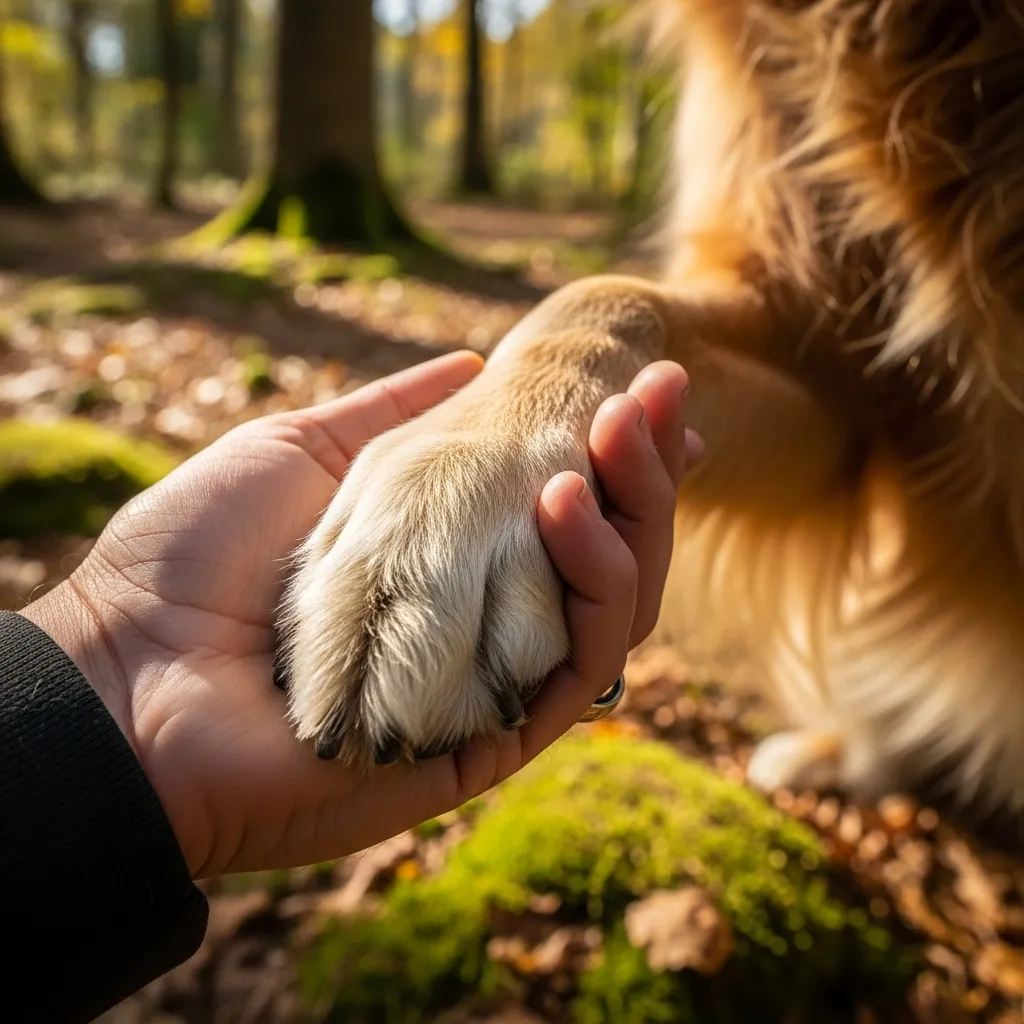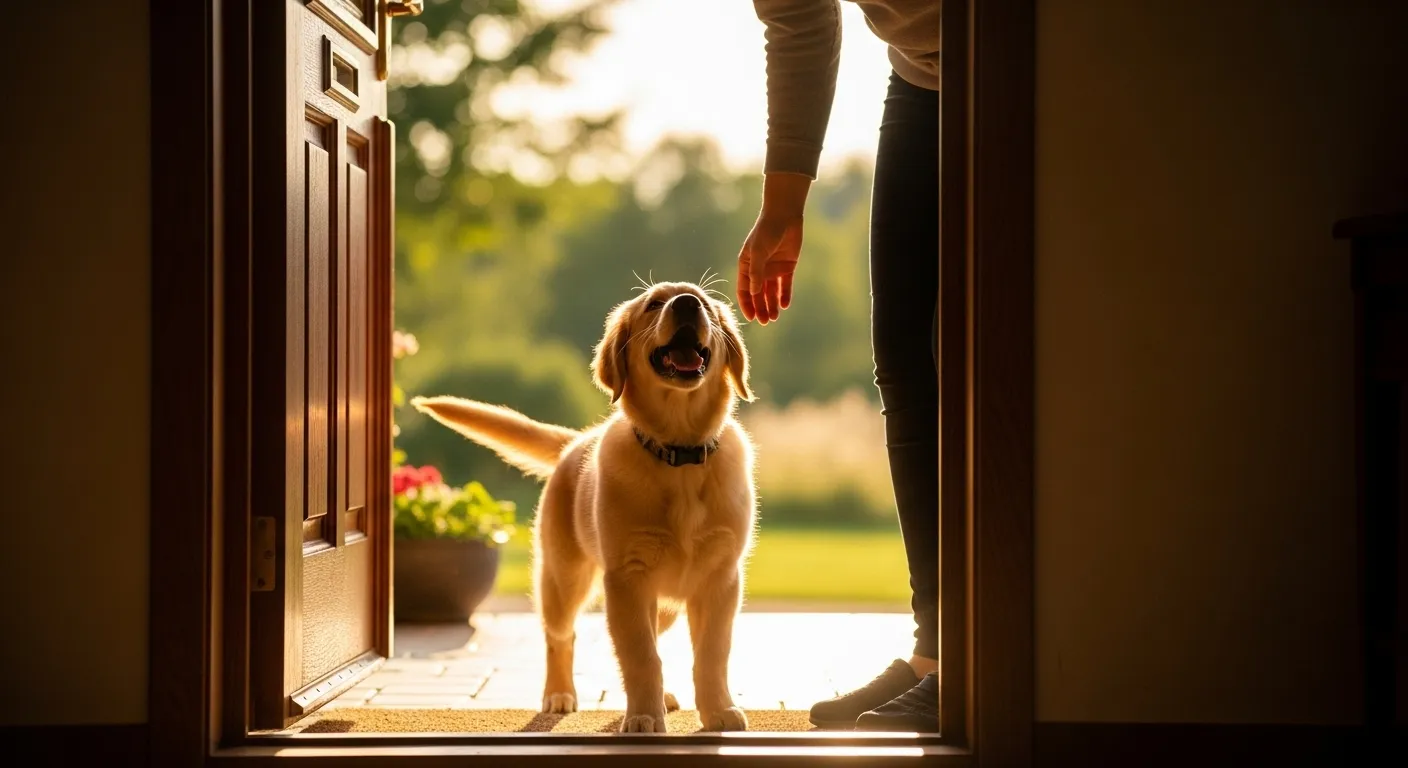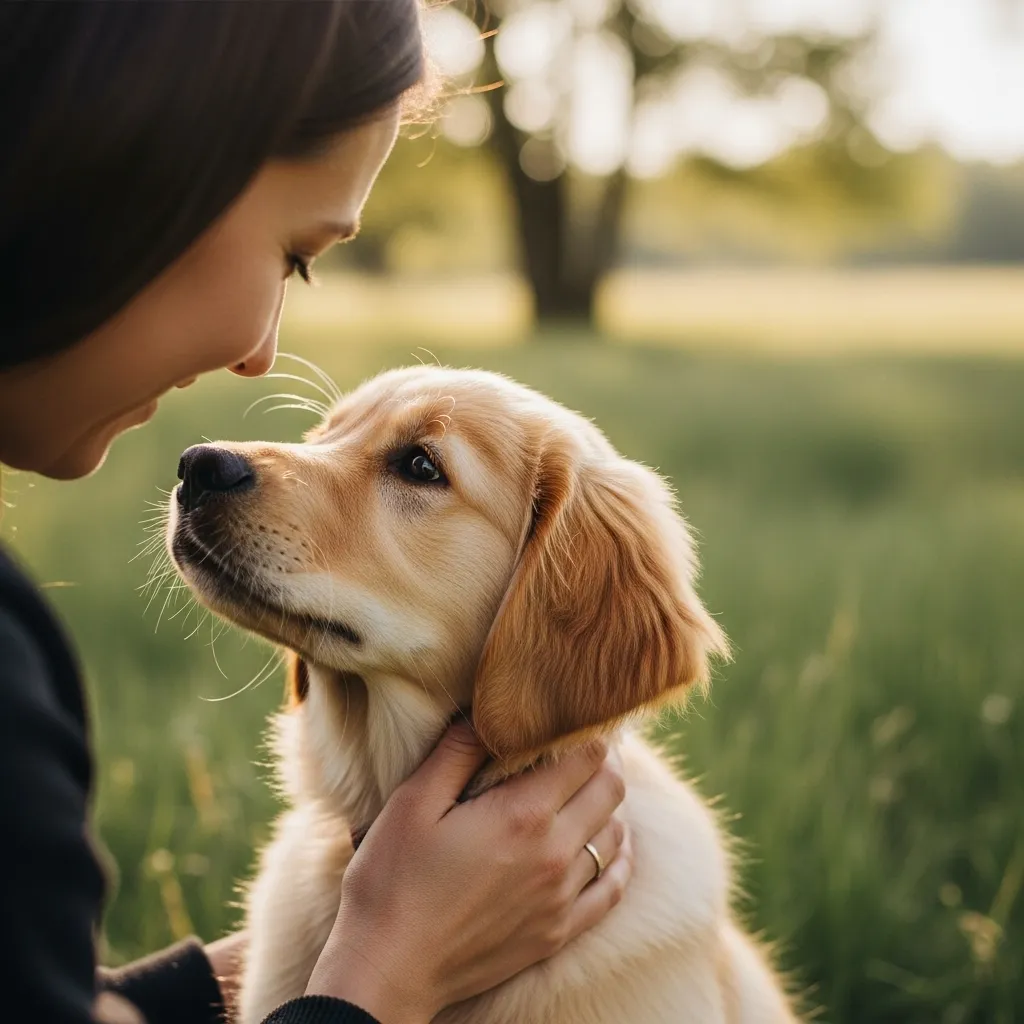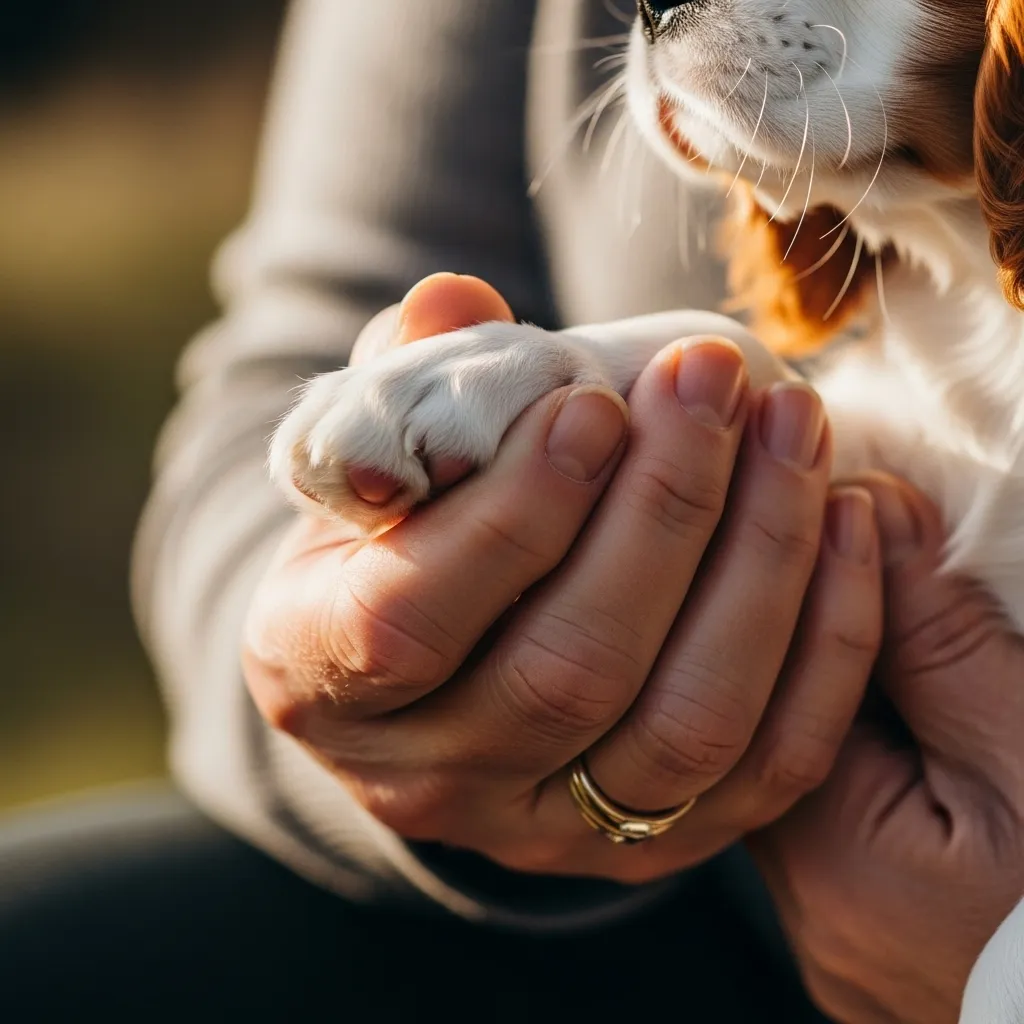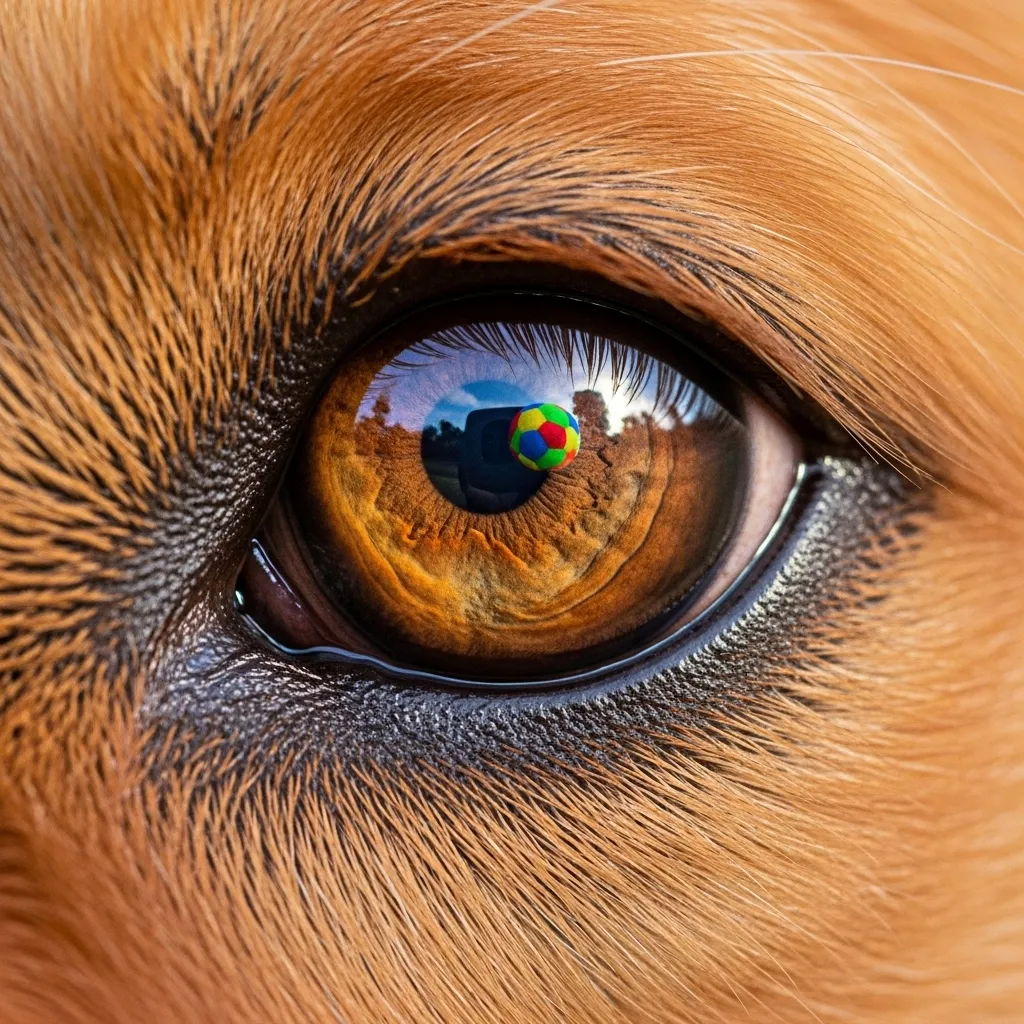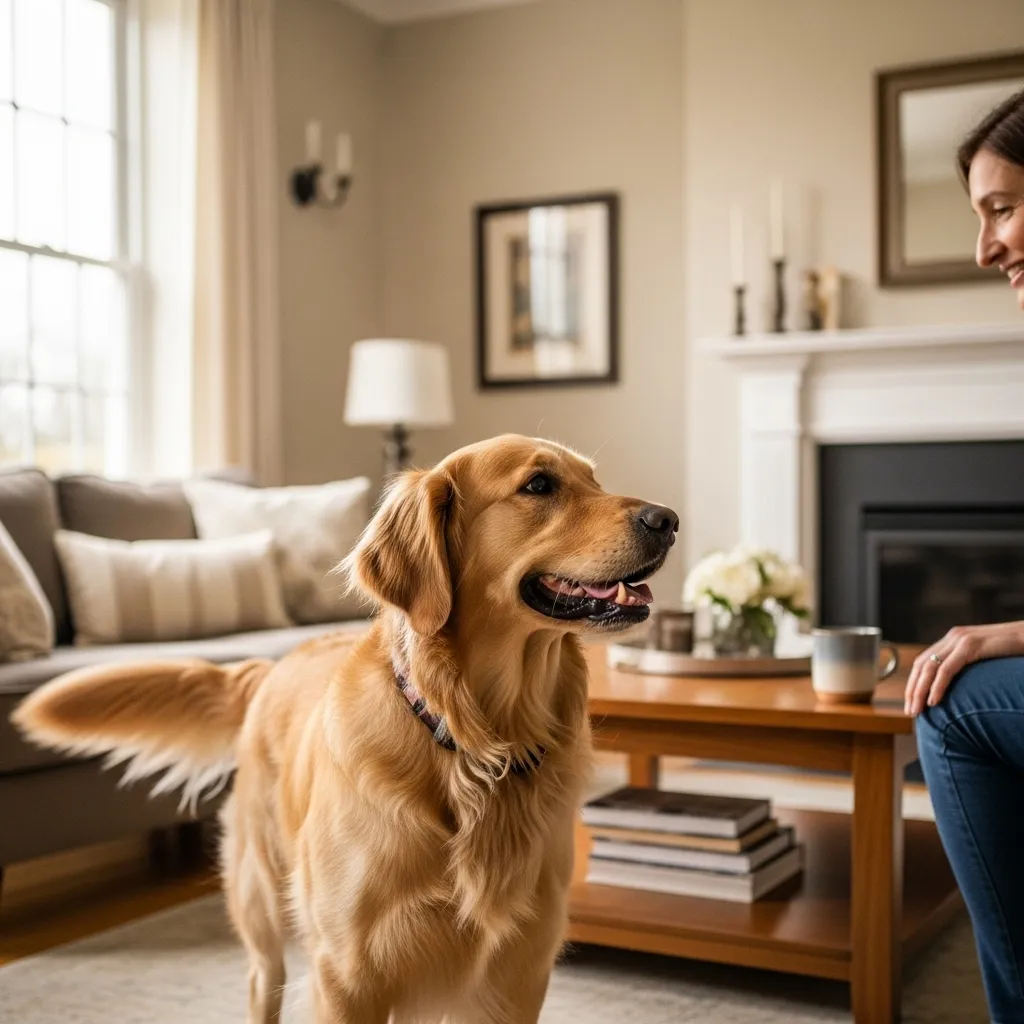I vividly recall the days when I was utterly clueless about what it truly means to own a dog, especially before I welcomed my first furry friend, Luna, into my life. I was excited about the special bond we would share, but I didn’t fully grasp the responsibility of caring for a dog.
Owning a dog can often feel like a carefree adventure with a lovable furball by your side! However, the reality is a bit more complex. If we don’t set realistic expectations before bringing a dog into our lives, it can lead to disappointment, and sadly, another furry friend may end up in a shelter. The truth is, what we need are more responsible dog owners who can provide loving homes.
Welcoming a dog into your home is an incredible journey, and it’s important to understand that this decision comes with a long-term commitment. You’re not just gaining a pet. You’re welcoming a loving companion who depends on you for its happiness and well-being for the next 10 to 15 years, and with a bit of luck, even longer!
Because getting a dog is so accessible, there are times when individuals who may not be ready for dog ownership end up bringing one into their lives. They might receive a pup as a thoughtful gift, while others may make impulsive choices, such as buying a dog without fully understanding the love and care it truly deserves. Let’s take a moment to discuss six particular types of people who might not be the best fit for dog ownership.
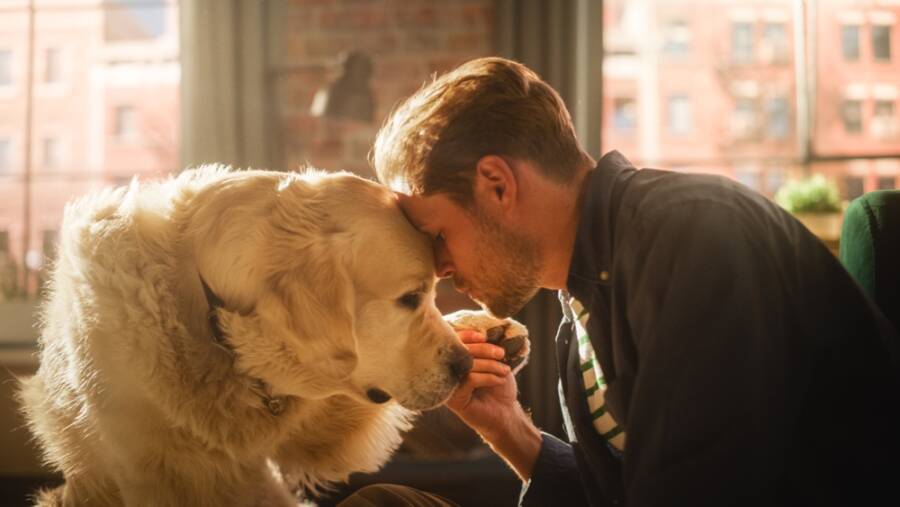
1. Busy Professionals
For busy professionals, having a dog can be quite a commitment, given the love and care they need to thrive. Dogs truly flourish on routine and appreciate daily exercise, training, and social interactions. However, for those with demanding work schedules, finding the time for these activities can be a bit tricky. Long hours at the office or frequent business trips might make your furry friend feel a little lonely, which could lead to some unwanted behaviors, like anxiety, excessive barking, or even some chewed-up shoes!
Also, busy professionals often find it tough to give their furry friends the grooming, veterinary care, and training they truly need. This little bit of neglect can really affect a dog’s happiness and well-being. Plus, many breeds thrive on regular mental stimulation and physical activity, which can be hard to squeeze into a busy schedule. So, it’s super important for prospective dog owners to think about whether their lifestyle matches what a pet needs before diving into this commitment.
2. Frequent Travelers
Frequent travelers often discover that having a dog can be quite a commitment. Dogs need regular care and attention, which can be a bit tough when you’re always on the move. They truly flourish with a routine and the love of companionship, so being away for long stretches might make them feel a bit neglected or anxious.
When dogs are left alone for extended periods, they might start to experience behavioral issues like separation anxiety, excessive barking, or even destructive habits. It’s also quite a challenge to find trustworthy care options while traveling. Unfortunately, kennels don’t always offer the warm and loving environment that our furry friends need. And relying on friends or family for help can sometimes add stress for both the dog and the caretaker.
Many hotels and vacation rentals have strict pet policies, which can create challenges when trying to include a dog in your travel plans. Additionally, the costs associated with pet-sitting services or boarding can quickly add up, increasing your overall travel expenses. For those who travel frequently, the responsibilities of dog ownership may sometimes outweigh the joys of companionship. Therefore, it’s essential to consider whether you can truly meet a dog’s needs before making a long-term commitment.

3. Allergy Sufferers
It’s good to keep in mind that many dogs naturally produce dander, saliva, and urine, which might trigger allergic reactions in those who are sensitive. Symptoms like sneezing, itchy eyes, skin rashes, and respiratory issues can impact daily life and well-being. Even hypoallergenic breeds, frequently advertised as better for allergy sufferers, can still generate allergens. While these breeds might lessen shedding and dander, they are not entirely free of allergens.
Managing allergies can be a challenge, requiring some extra love when it comes to cleaning and maintenance. This often means vacuuming regularly and washing your pet’s bedding, which might take some time. Understandably, the hassle of allergy symptoms can dampen the joy of having a furry friend, creating some frustration for you and your dog. So, before bringing a dog into your home, it’s important to think about your health needs and lifestyle. This way, you can ensure that this wonderful commitment adds joy to your life rather than complicating it.
4. Unstable Living Situations
Dogs truly thrive in stable environments where they can enjoy consistent routines. Frequent moves or temporary living spaces can lead to feelings of insecurity and anxiety for our furry friends. This lack of consistency might cause some behavioral issues in dogs, like anxiety, aggression, or even excessive barking. On top of that, many rental properties have strict pet policies or ask for extra deposits, which makes it even harder for those in unstable situations to find a welcoming place to call home.
Moving can be pretty stressful for both you and your dog. The logistics of relocating with a pet can feel overwhelming, and worrying about future living arrangements can sometimes lead to accidental neglect or less-than-ideal care. It’s so important for anyone in a challenging living situation to consider whether they can offer a stable and loving home before deciding to adopt a dog. After all, bringing a dog into your life is a wonderful commitment that deserves a level of permanence that might be hard to achieve right now.
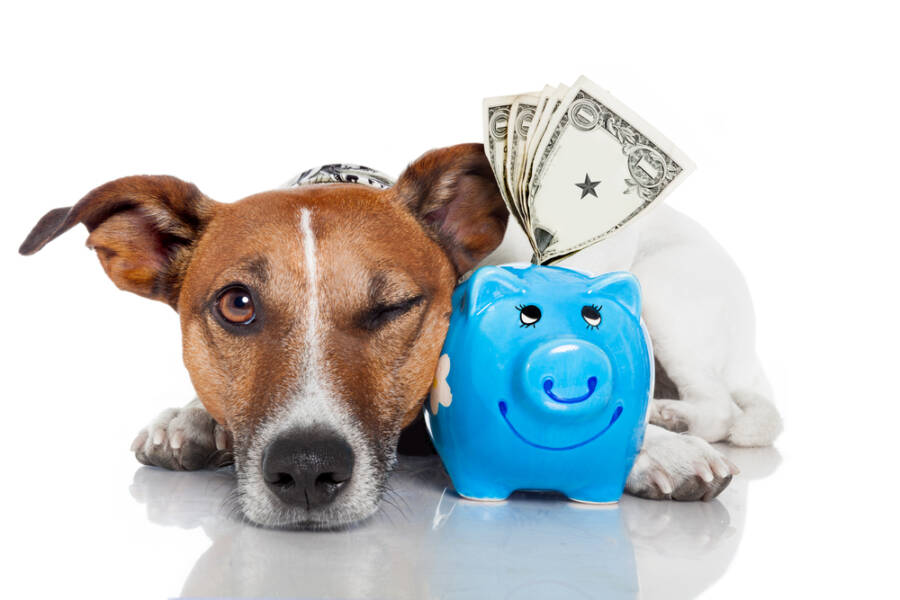
5. Financially Strapped
Dog ownership costs can add up faster than you might expect, covering important things like food, grooming, and veterinary care. Don’t forget about vaccinations and supplies like leashes, cozy beds, and fun toys. Plus, unexpected medical expenses, such as emergency vet visits or ongoing health issues, can add a little more pressure to an already stretched budget.
When financial challenges arise, managing pet-related expenses can be tough. This often leads to difficult choices and the risk of neglecting a dog’s needs. Limited resources might mean that a furry friend doesn’t get the right nutrition, misses important vet check-ups, or lacks proper training, which can, in turn, impact their health and behavior.
People experiencing financial hardship should take a moment to thoughtfully consider their ability to create a stable and loving home for a dog before deciding to become pet owners. Pet ownership does require resources that might not be easily accessible.

6. Lack of Patience
Caring for a dog demands a significant level of patience. People who do not possess this vital trait may find it challenging to meet the care and training requirements of their pet. Dogs, particularly puppies, need regular training, socialization, and time to acclimate to their new surroundings. Individuals lacking patience may become frustrated by typical dog behaviors, including chewing, barking, or accidents during house training.
The commitment required for consistent exercise, grooming, and socializing can be overwhelming for individuals who struggle with patience. Instead of appreciating the companionship a dog offers, they may feel stressed and frustrated. Therefore, those who recognize their impatience should think twice about dog ownership, as it demands a dedication to care and understanding, traits essential for raising a happy, well-adjusted pet.
Owning a dog is such an exciting and loving journey, but it’s important to also think about the responsibilities that come with this commitment. As we’ve discussed, certain lifestyles and situations might not be the best fit for meeting a dog’s needs, which can create challenges for both you and your furry friend. For instance, I adopted my first pet in my 50s. I had a stable home, a predictable schedule, and both of my kids were grown. I felt ready, both mentally and physically, to embrace this responsibility. It turned out to be the best decision ever! I’ve gained a friend for life, and I’m confident that I’m providing the best care possible for my pet.
Ultimately, responsible dog ownership is all about nurturing a loving and stable environment where both humans and dogs can truly thrive together. If you feel that you are not quite ready for a dog right now, but you absolutely love the idea of sharing your life with one, don’t worry—your time will come!
You should also read: 6 Dog Park Rules You Should Know.


